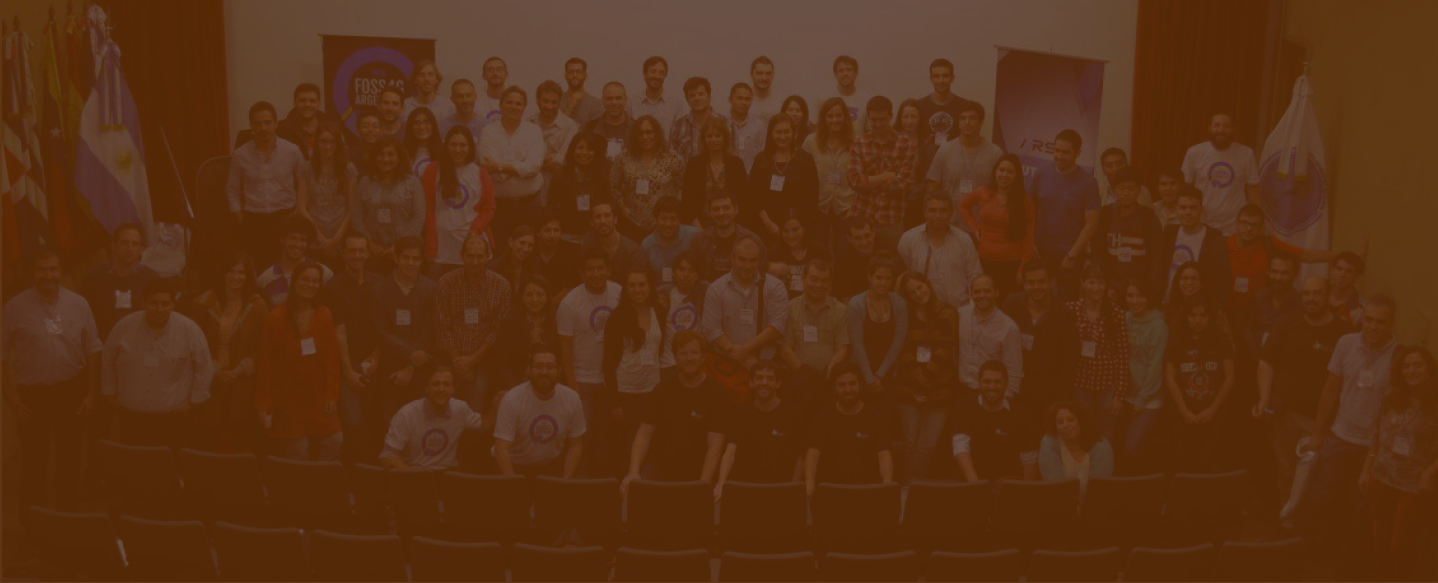2021-09-30, 16:30–17:00, Humahuaca
The Knowledge Laboratory, in short k.LAB, is a software stack that embraces the FAIR principles: findable, accessible, interoperable and reusable. Its objective is to support linked knowledge across the borders of the domains of single modelers and scientists.
The Knowledge Laboratory, in short k.LAB, is a software stack that embraces the FAIR principles: findable, accessible, interoperable and reusable. Its objective is to support linked knowledge across the borders of the domains of single modelers and scientists. k.LAB’s fascinating novelty is the possibility to work in an interconnected manner of knowledge networks, on which resources and models are described without ambiguity. This is achieved through the use of semantics to create a natural language to describe the models and the qualities that want to be observed.
Modelers can develop their models and publish them to the network. Publishing makes them findable and accessible within the network. Since everything in the network is observable, when running a model, k.LAB looks for the best knowledge unit able to resolve the particular request. This can be due to a given rule in a particular location in the world, or the chosen timestep of an environmental model, the availability of data at a needed resolution or just the fact that a different model is describe to work best for the given spatio-temporal context. Much as search engine ranking algorithms do, a reasoner takes care of transforming the observation strategy of the modeler, i.e. the model, into the best possible dataflow to produce the final observations. Interoperability is build and reusability is a natural consequence.
The k.LAB software stack is free and open source and relies on various projects of the Osgeo community as Geoserver, Openlayers and the Hortonmachine.
Initially started in the USA with NSF fundings, k.LAB is now an initiative of a partnership led by the Basque Centre for Climate Change. It currently involves scientists and decision makers from various research centers and organizations like: USGS, Ca’ Foscari Venezia, Universita’ degli studi di Udine, IMaSS at Nagoya University, IH Cantabria and the UNEP.
Ferdinando Villa (1)
Andrea Antonello (2) (3)
(1) Basque Centre for Climate Change
(2) HydroloGIS S.r.l.
(3) Free University of Bolzano
Software
Topic –Open and Reproducible Science
Level –1 - Principiants. No required specific knowledge is needed.
Language of the Presentation –English
Environmental engineer addicted to scientific GIS development, playing in the field of hydrologic and geomorphologic modelling. Cofounder of the engineering consulting company HydroloGIS, lecturer of Advanced Geomatics at the Free University of Bolzano. OSGeo charter member and coordinator of the open source projects Hortonmachine, Geopaparazzi and SMASH digital field mapping.

